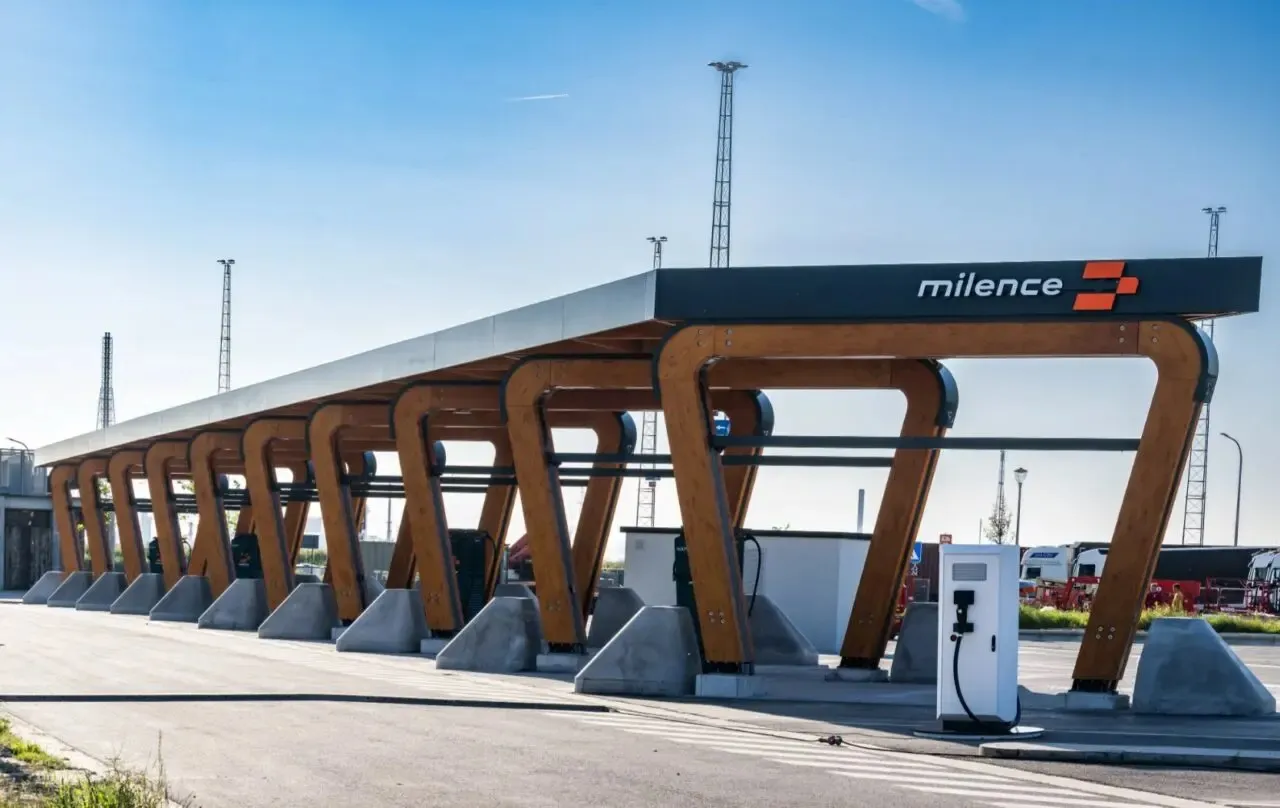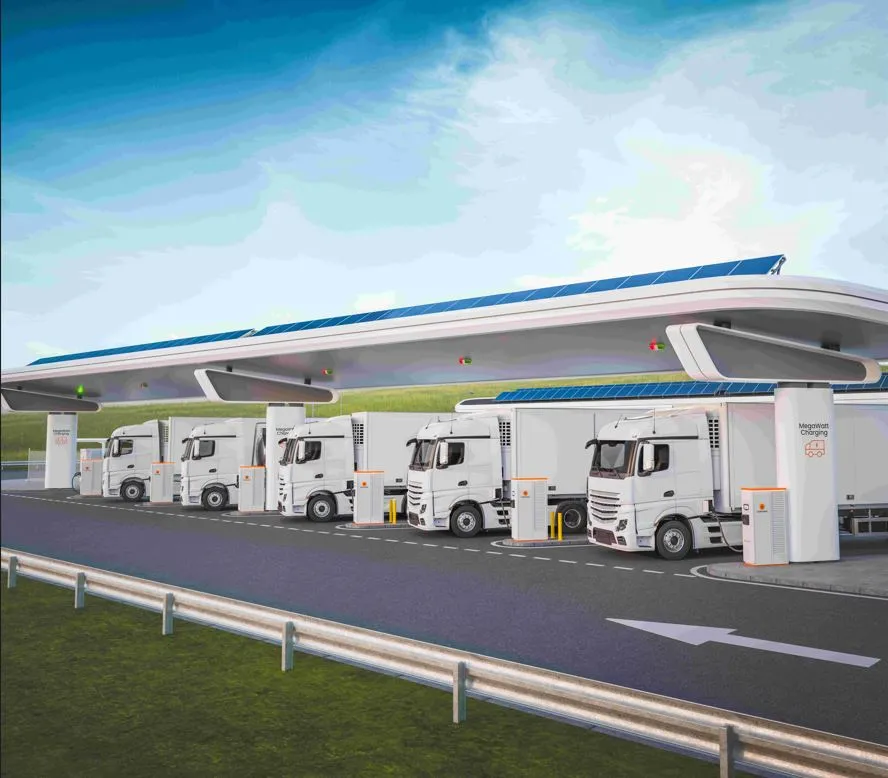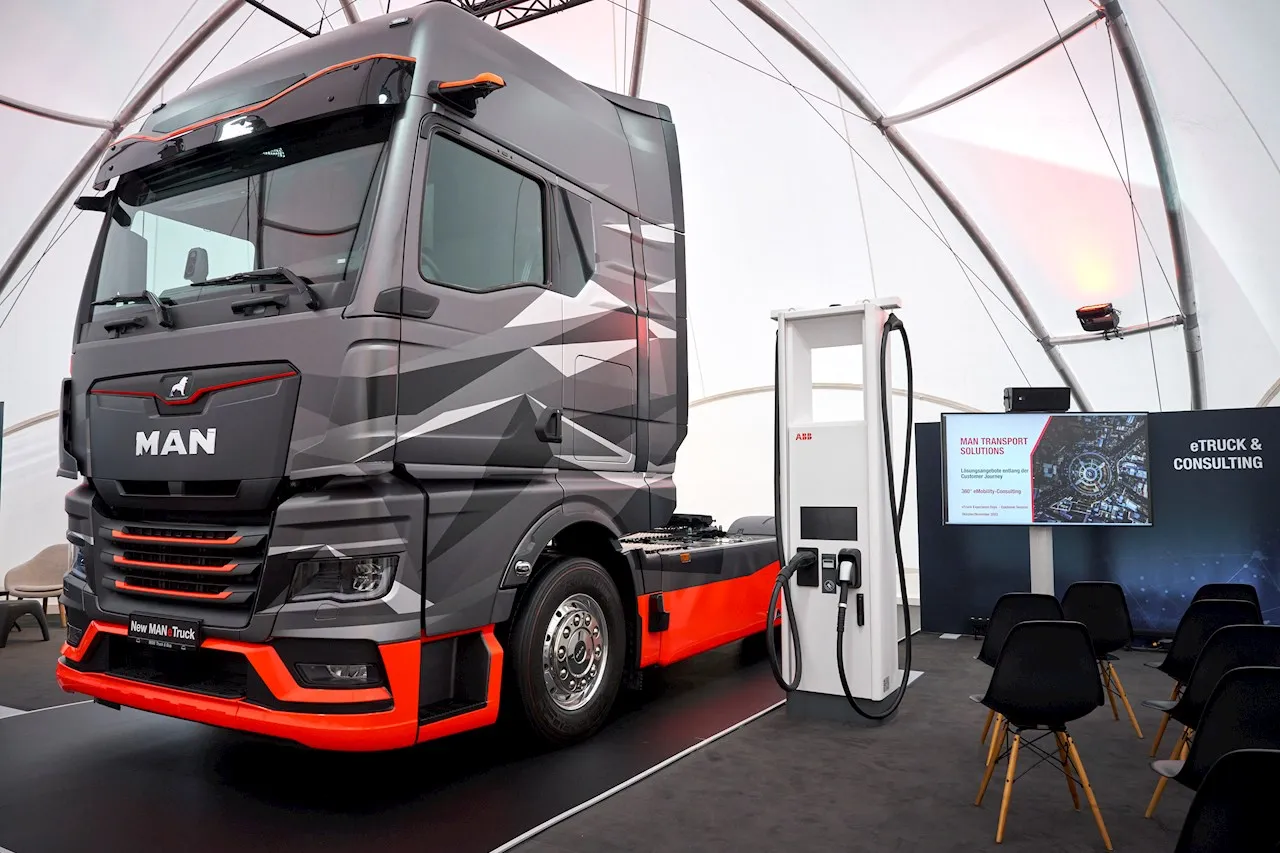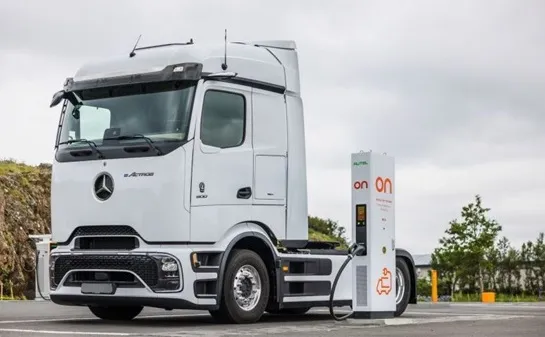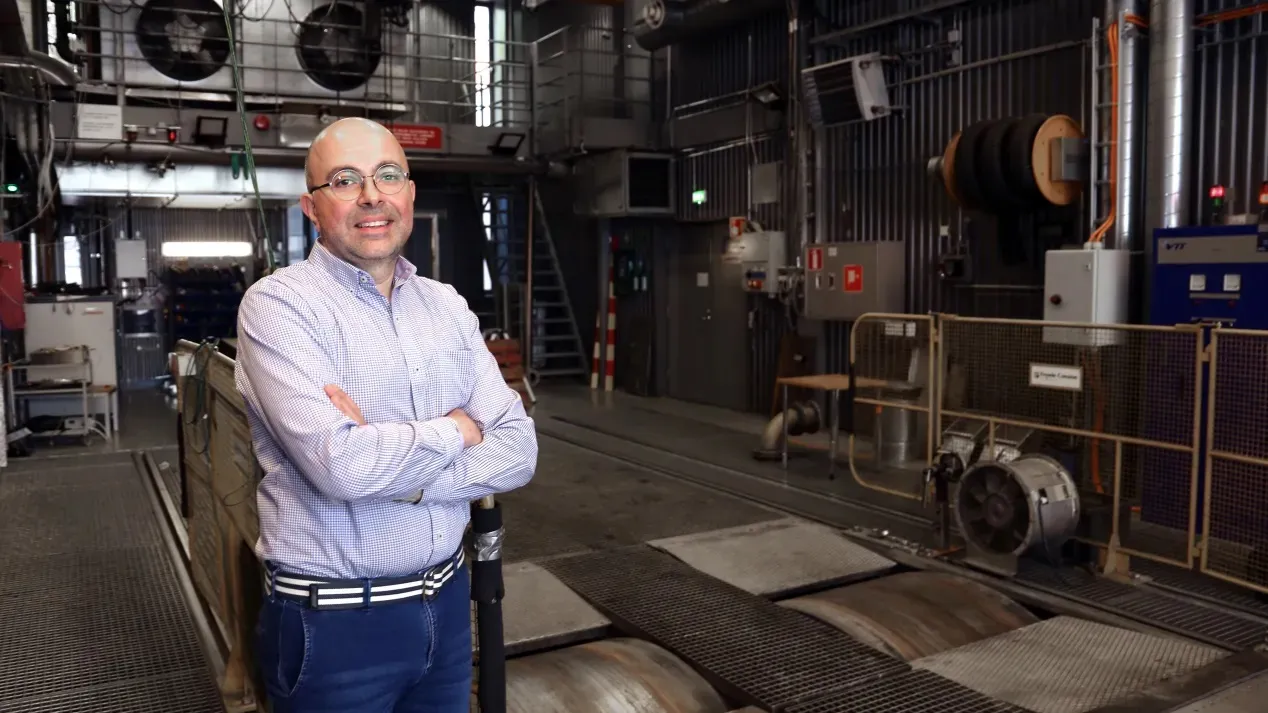
The VTT technical research centre of Finland is leading a project to establish a comprehensive megawatt charging system for electric trucks across the European Union by 2030.
The project features real-life demonstrations of charging hubs to accelerate the electrification of heavy-duty transport. It features a consortium of 19 European companies, universities, and research centres to address the challenges of sustainable heavy-duty transport.
Funded with €10m from the European Commission, the project - dubbed MACBETH (Multipoint megAwatt Charging for Battery Electric Truck Hubs) - aims to develop and demonstrate cutting-edge solutions for megawatt charging systems (MCS) in multi-user charging hubs.
VTT says that the availability of MCS will fundamentally transform how long-haul and high-utilisation heavy-duty electric trucks are operated. The strategic objective is to create a robust and efficient charging network in Europe that can support the widespread adoption of electric vehicles in the logistics sector.
“To create a functional charging infrastructure, we need to investigate many aspects, including various charging hub designs, hardware systems, plug standards, safety enabling robot technologies, as well as practical experiences of logistics companies in operating electric trucks. The project will also explore new business models for charging infrastructure," says Yancho Todorov, senior scientist at VTT, and coordinator of the MACBETH project.
Two large-scale demonstration pilots will test hybrid charging stations serving multiple users including heavy and medium duty vehicles in logistics transport, as well as light duty private vehicles, and conduct comprehensive research into the charging hub design, safety, and operational efficiency.
One of the project partners is the Finnish company Kempower, which designs and manufactures fast-charging solutions for electric vehicles.
"We're bringing crucial equipment and expertise to the table. Currently, megawatt charging infrastructure is very rare in Europe, and our technologies will be key to bridging this critical gap," said Ville Naumanen, research director at Kempower.
One of the technologies under study is testing of a robotised charging arm that VTT says could revolutionise the charging process by increasing the safety in high-power charging systems. The Netherlands-based Rocsys’s goal is to create a solution where drivers can rest while the robot handles the charging, potentially improving overall logistics efficiency.
"The robotised charging arm will not only free drivers’ time and increase productivity but also enhance safety. Currently, drivers must exit their vehicles, handle heavy charging cables, and interrupt their break time. By automating the charging process, we're addressing critical ergonomic, operational and safety challenges in electric heavy-duty transport," said Joost van der Weijde from Rocsys.
The MACBETH project duration is from February 2025 to January 2029, and supports the European Union's European Green Deal objective of reducing transport-related greenhouse gas emissions by 90% by 2050.
"The MACBETH project is not just about technological innovation, rather it prepares new charging solutions towards large-scale deployment," said research professor Mikko Pihlatie from VTT. "It is an important step towards reimagining the entire ecosystem of electric transport, from charging infrastructure to logistics operations. Innovation projects that combine research and piloting like this are essential for scaling and commercialising solutions. They help advance climate goals, create new business opportunities and drive growth across Europe."
Nineteen organisations across multiple European countries are partners in the project including: VTT Technical Research Centre of Finland (Coordinator); Fraunhofer Gesellschaft Zur Förderung Der Angewandten Forschung; Chalmers Tekniska Hogskola; European Road Transport Telematics Implementation Coordination Organisation - & ITS Services Europe; Lindholmen Science Park Aktiebolag; Alliance for Logistics Innovation through Collaboration in Europe; Stichting Cenex Nederlands; Cenex - Centre Of Excellence For Low Carbon And Fuel Cell Technologies (Affiliated entity CENEX NL); FIER; Kempower; Rocsys; Commercial Vehicle Charging Europe; Power Electronics España; CharIN Academy; PostNord Denmark; Sender Technologies; MAN Truck & Bus SE (Associated partner); Emobility Solutions; and Plugit Finland Oy


